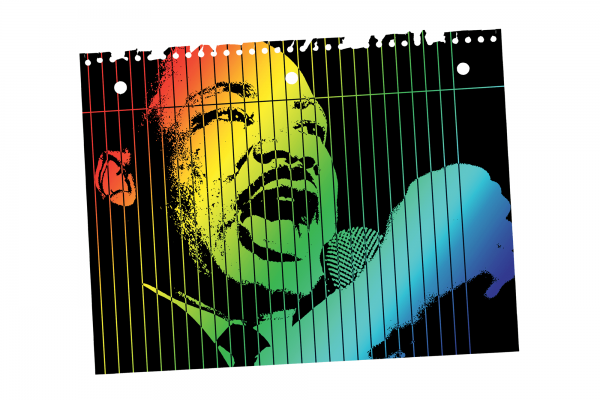EARLIER THIS YEAR, I almost did not finish writing the sermon I was scheduled to preach at a special Martin Luther King Jr. Day Social Justice Shabbat service. Usually, I am able to bring sermons to a close without problem; this time, I struggled. Really struggled. Instead of focusing thematically on racism, poverty, war, or any number of issues King spoke out against, I had decided to preach on fear. I felt called to name fear as the root issue beneath so many others, something we struggle with individually and collectively. Fear of scarcity, fear of the unknown, fear of the “other”: the immigrant, the unarmed black person, the queer, the Sikh, the Muslim, the Jew, or the white person now encountering you in your queer, black, immigrant, brown, Muslim, Sikh, or Jewish body.
I found that once I started being honest about the fears we hold and the fears we face, I could barely turn the corner, in a manner of speaking, toward hope.
Eventually, I was able to theologically pivot my sermon and conclude positively. However, that experience of being spiritually stumped with writer’s block said more to me than any happy ending ever will. Rather than yielding answers, my sermon gave me questions, which continue to resonate in the midst of a global pandemic.
Read the Full Article

